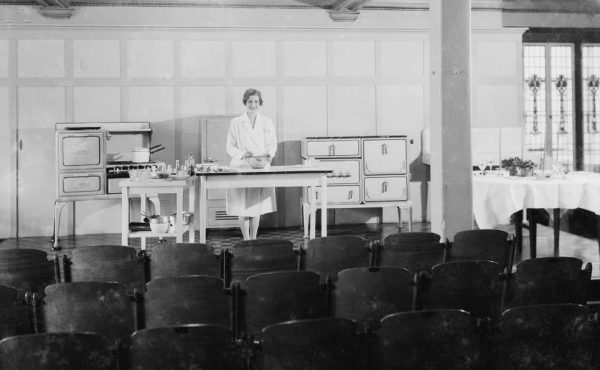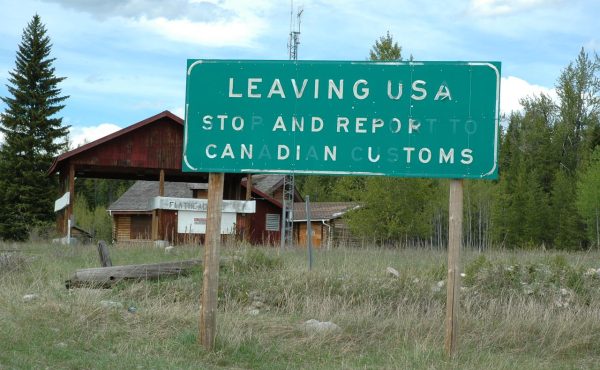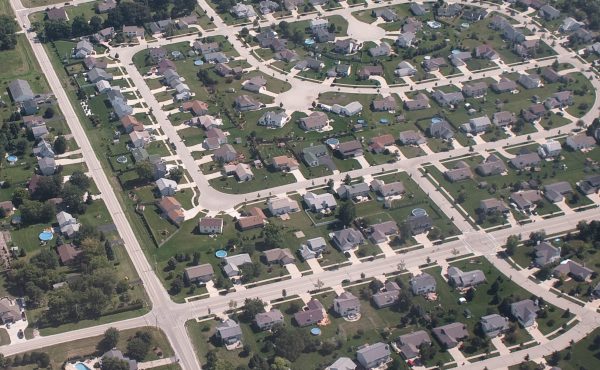
In spite of his government’s outright contempt for Canada’s cities, Stephen Harper’s Conservatives are, brace yourself, ranked the best party to deal with the “city portfolio†by Canadians, according to a poll released this morning by Angus Reid Strategies.
With 35% of those surveyed saying they thought the Conservatives would do the best job for urban Canada, the NDP and the Liberals lagged behind at 26% and 15% respectively. Although Angus Reid’s Luke Marshall suggested that the Conservative’s lead on this issue could be attributed to its overall standing in the polls, he also pointed out that participants in the poll said that the Conservatives were best at managing the “crime/public safety, roads and highways, jobs/unemployment, property taxes, housing prices, buildings and bridges, and urban sprawl†aspects of the urban agenda. The NDP was perceived to be best on “poverty, public transit, overcrowding/density, and parks and green space.†Meanwhile the Liberals were only seen to be best at managing “utilities.â€
Also problematic for those pushing the urban agenda is that only 1% of those surveyed said that “municipal issues/cities†top their list of issues in this election. One percent is on par with “aboriginal issues, agriculture/farming and Afghanistan,†according to the poll. The economy (33%), environment (15%) and health care (14%) were, predictably, the top three issues for Canadians.
The news isn’t all bad. Four issues often grouped under the urban agenda heading are top of mind for a significant portion of voters. Crime/public safety, roads and highways, poverty and jobs/unemployment are all top of mind for 13% of voters. Utilities, property taxes, public transit, housing, and buildings and bridges sit between seven and nine percent.
Angus Ried’s Marshall says this means that though Canadians generally care about the issues at the heart of the cities agenda, the cities agenda as a whole means relatively little to them individually.
This past weekend Angus Ried put out a poll showing the NDP and Liberals tied at 21%, behind the Conservatives which sat in majority territory at 40%. According to the pollster, almost half of the Liberal vote from 2006 has gone to Harper, a quarter to Jack Layton and the last quarter is split between the Green Party and undecided. Marshall says this indicates the Liberal vote may actually be collapsing because it is rare for so many Liberals to temporarily park their votes with either of the other two major parties.
Photograph by midwinterphoto.




7 comments
I wonder how many respondents were from major urban centres in Canada?
I’m not sure how a party as bad for Canada as the Conservatives could be good for any city that’s a part of Canada.
Still, Dion is either a fool or looks like a fool (and there’s no difference between the two at the polls) and Layton’s a self-important ass.
May is a longshot. Do I dare? Or is that just wasting my vote?
Could someone explain how the federal government has the powers to manage property taxes, housing prices, buildings and bridges (within cities) and urban sprawl? Are we to thank the feds for the Green Belt?
How is it that those polled don’t seem to understand the link between their ‘low importance – municipal issues/cities’ and the Environment…? Umm, urban transportation, consumption/disposal habits, underground water/sewage infrastructure in need of repair, solid waste disposal, etc… Get a clue – it’s all connected.
Useful links:
http://www.anyonebutharper.ca/
http://www.voteforenvironment.ca/
http://www.voteenvironment2008.ca/
http://departmentofculture.ca/
In the past 30 years, the government that did most for cities was Mulruney.
Just saying.
How can Harper be best for cities? He keeps cutting budgets on things like the arts. Harper doesn’t understand the bigger picture. At the root of all our cities they need the proper infrastructure and to support children; the children are the future of our cities. I guess in the end it is who as the best plan for education.
In response to David’s question:
The federal gvt dosen’t have the power to directly manage property taxes, housing prices, etc.
The infrastructure debt (how much it would cost just to maintain the roads, bridges, sewers, transit etc that already exist) is estimated at about 123 billion. It just isn’t feasible for municipal property taxes to cover this, as well as improving public transit, police forces, initiatives to prevent homelessness etc.
We need new sources of money, and one could be federal transfers – Gas-tax transfers are currently in place and some parties have proposed initiatives like transfering 1% of the gst to municipal governments. Federal gvts can also support like affordable housing initiatives and incentives for 1st-time home buyers. This is how federal policy can influence property taxes, housing prices and the quality of municipal infrastrucure indirectly.